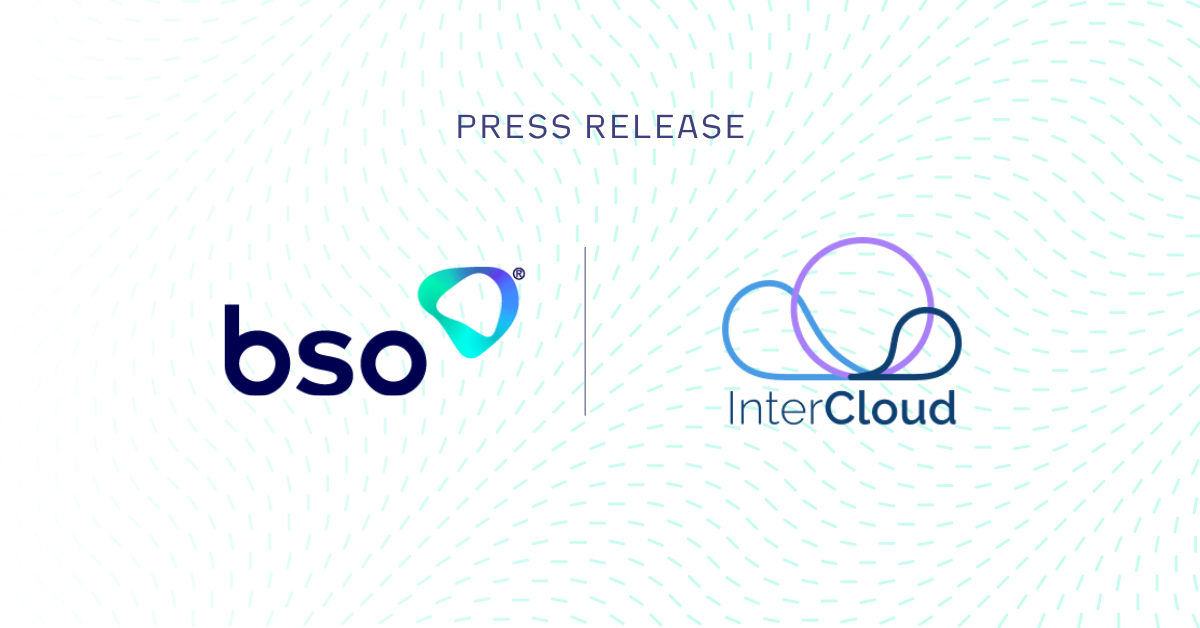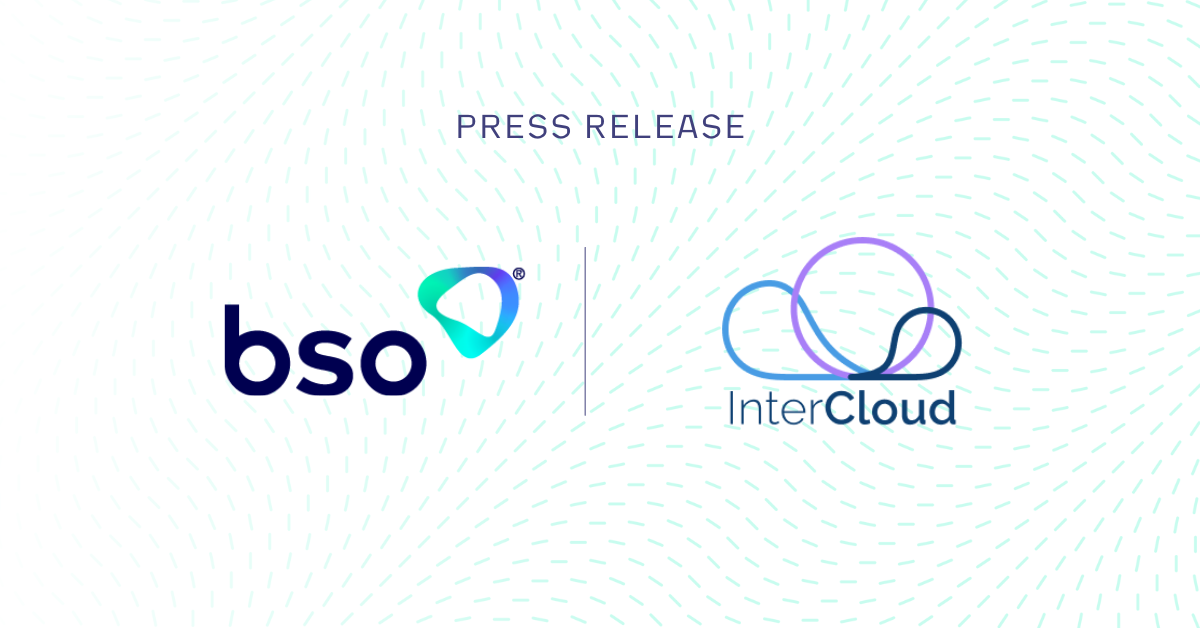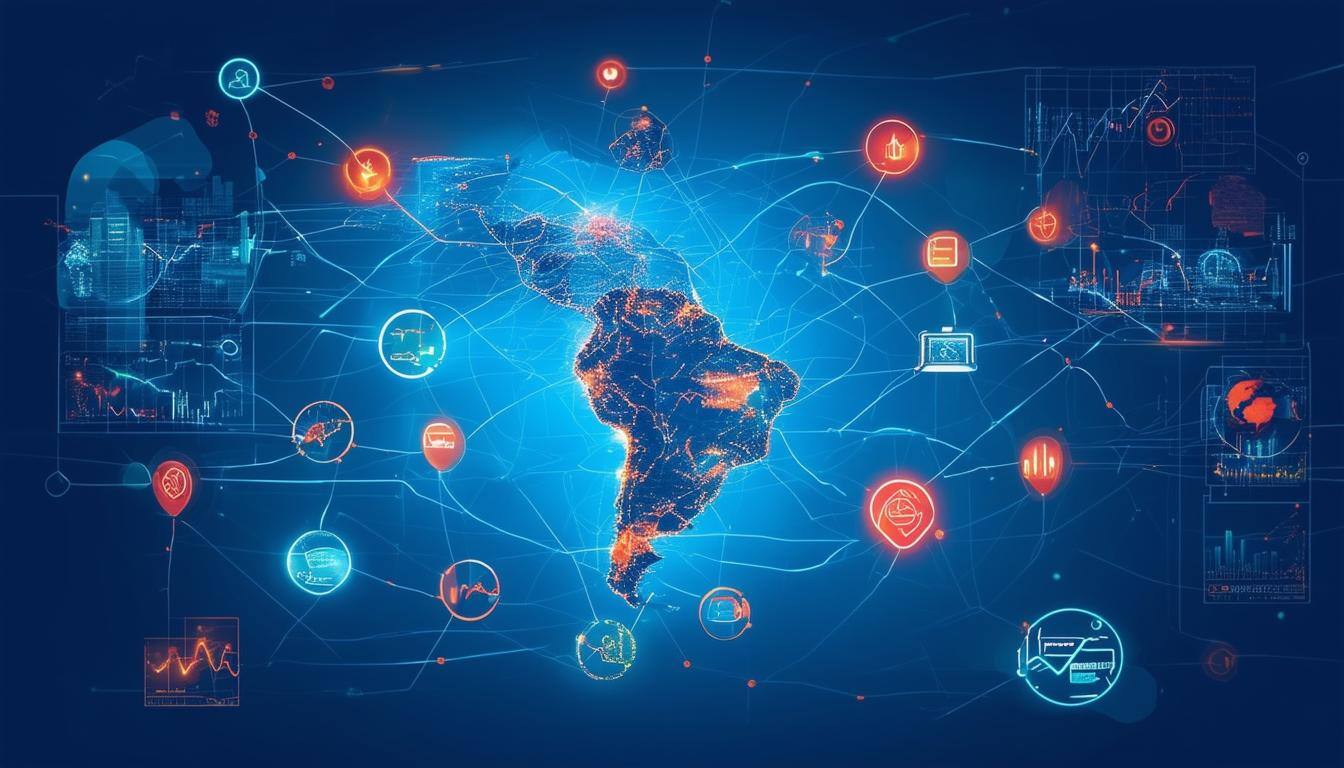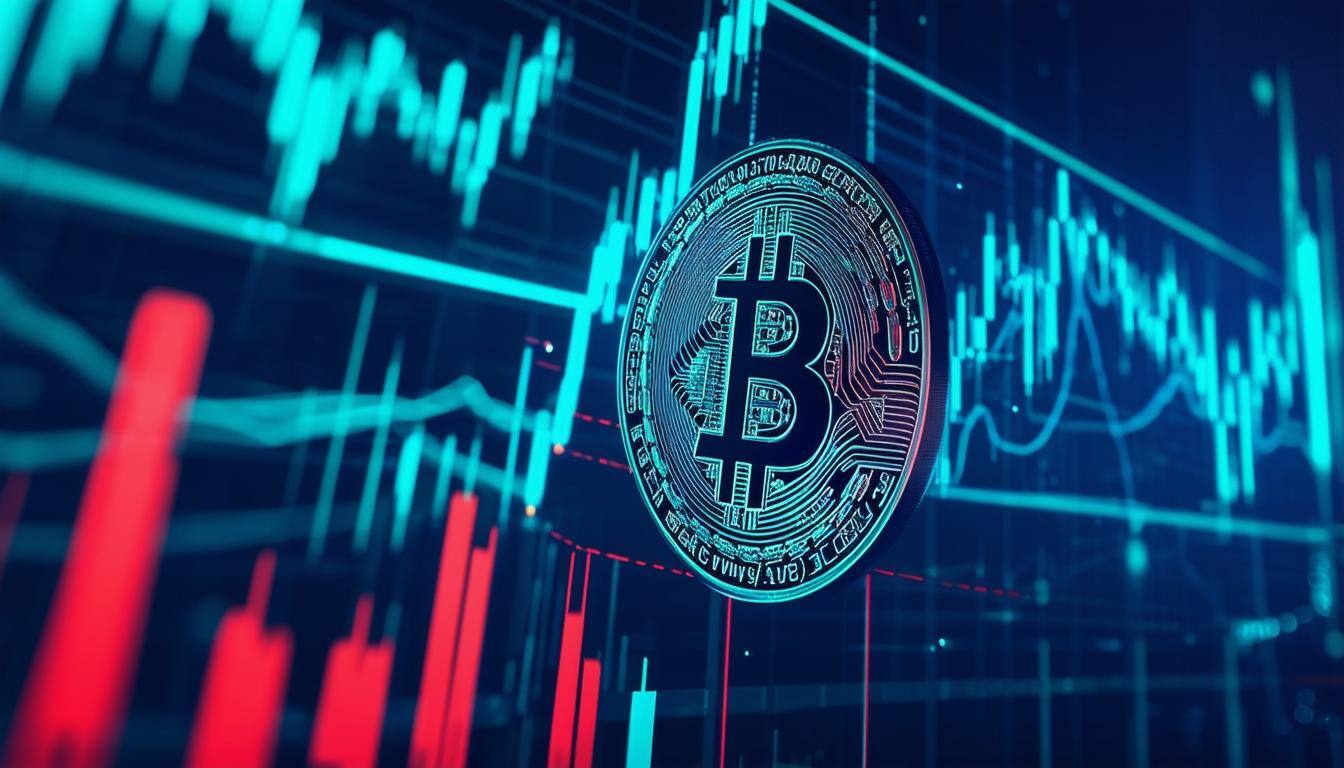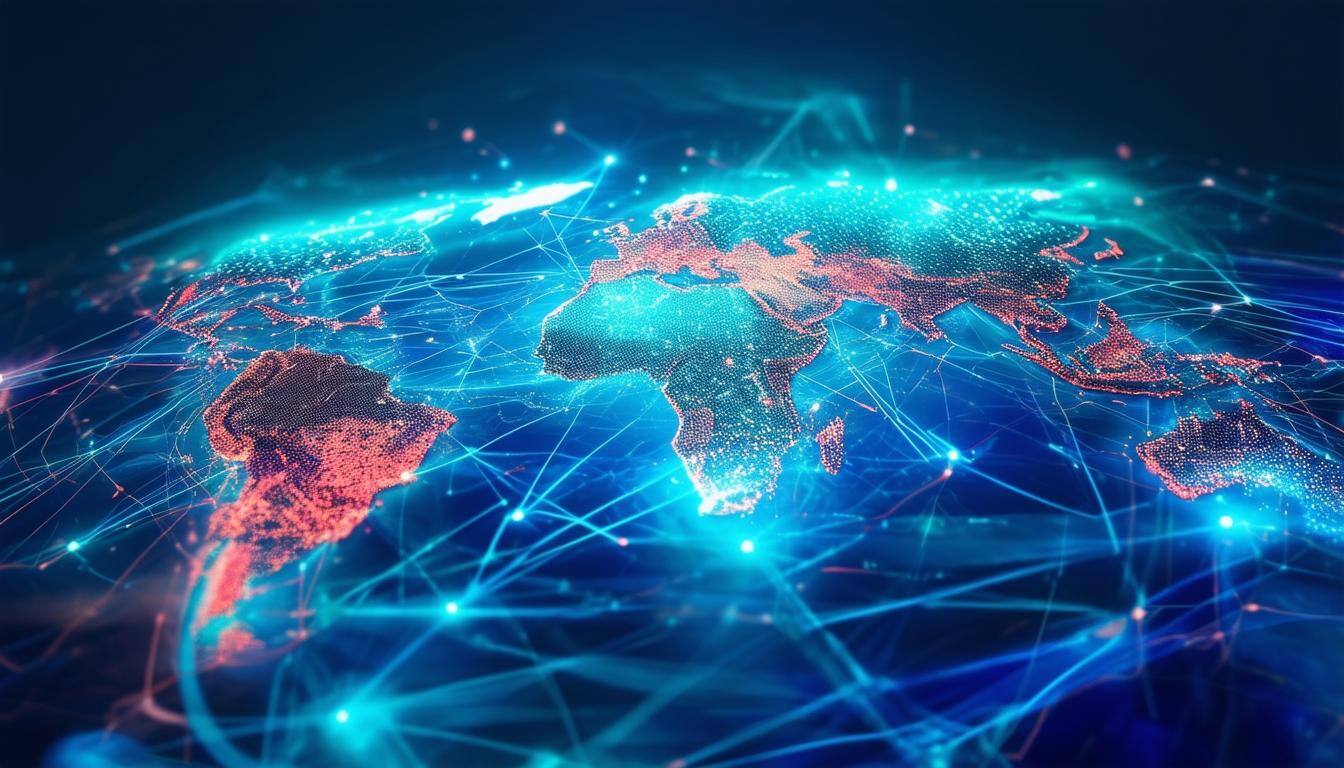

The evidence was everywhere at this year’s FOW Dubai conference – technology was definitely one of the chief concerns for most attendees.
The Middle East is changing dramatically, partly in response to the global financial community’s demand for direct, higher performance connectivity into local stock exchanges. Organisations from across the world consider Dubai a gateway to other emerging marketplaces. Commodities, currencies, hydrocarbons and equity indices are all being shaken up by new network routes and trading platforms.
The influence of the UAE now stretches from North Africa to Southern Asia, from the Caspian to Johannesburg. Many of these countries and financial exchanges are some of the fastest growing in the world. At the centre of this growth is Dubai.
According to the think-tank Z/Yen, Dubai’s ranking amongst international financial centres rose seven places this year. It now occupies sixteenth place alongside some of the strongest economies in the world, a trend that is likely to continue over the coming years.
Leading from the Front
Alongside investments in transport, energy and industrial systems, the region is starting to deregulate its telecommunications landscape. One of the first organisations to take advantage of this trend was the Dubai Gold and Commodities Exchange (DGCX), the operator of the Middle East’s leading derivatives exchange. We work closely with the organisation to provide its own clients with ultra-low latency connectivity to other strategic financial hubs, such as London, Chicago, Mumbai and Singapore. This also includes optimising network routes to support DGCX’s growth expectations.
The global economy’s drive towards High Frequency Trading (HFT) – the complex automated algorithmic trading systems that drive many modern financial exchanges – can be seen first-hand with DGCX. HFT traders expect transactions to move in the blink of an eye and profits are made or lost on the speed with which transactions can be completed.
Therefore, investors want their trading infrastructure to be as close to the exchange as possible and DGCX delivers those capabilities. Furthermore, Dubai’s proximity to established markets in Europe and the Eastern coast of the United States naturally complement the access it provides to high-growth Asian markets – a winning combination that has seen even more impressive growth in recent months.
Some of the network latencies to and from DGCX demonstrate just how crucial the exchange is on the worldwide stage. For example, BSO’s round-trip connectivity from Dubai to Frankfurt is 103 milliseconds (ms) and London is 112ms. Mumbai, one of the world’s strongest urban economies at the moment, has latencies of just 28.4ms between Dubai and if you consider that Chicago is now only 194ms away, it quickly becomes apparent why traders are so keen to tap into the region.
Seeing is Believing
A greater desire for transparency is also leading to notable growth. Newly appointed CEO, Gaurang Desai, announced in August that DGCX had recorded a two-year high as heightened market volatility boosted trading on the exchange.
Desai said: “Our FX Futures and bullion products are attracting more traders than before as they seek safety in trading and hedging in a well-regulated and transparent electronic platform like DGCX. This is validated by the fact that the Exchange has witnessed a 20% increase in member participation since January 2015.”
In October 2015, this was reinforced by the announcement that year-to-date volumes were up 29% year-on-year. This was assisted by the newly launched India Gold and Silver Quanto futures contracts, which had provided significant traction among the bullion trading community. This led to DGCX’s highest October monthly volumes alongside emerging market equity index contracts that have ensured a robust hedging mechanism in times of global market volatility.
One point to conclude with – whilst network connectivity is clearly having a significant impact on Dubai’s attractiveness as an investment location, a host of other disruptive technologies also promise further change. These include new software-as-a-service products, block chain and machine learning, all of which are expected to affect the futures trading business.
From both a technical and macro-economic point of view, Dubai and the Middle East are certainly ‘the ones-to-watch’ in the coming months.
Read the article in Business Review Middle East
ABOUT BSO
The company was founded in 2004 and serves the world’s largest financial institutions. BSO is a global pioneering infrastructure and connectivity provider, helping over 600 data-intensive businesses across diverse markets, including financial services, technology, energy, e-commerce, media and others. BSO owns and provides mission-critical infrastructure, including network connectivity, cloud solutions, managed services and hosting, that are specific and dedicated to each customer served.
The company’s network comprises 240+ PoPs across 33 markets, 50+ cloud on-ramps, is integrated with all major public cloud providers and connects to 75+ on-net internet exchanges and 30+ stock exchanges. The team of experts works closely with customers in order to create solutions that meet the detailed and specific needs of their business, providing the latency, resilience and security they need regardless of location.
BSO is headquartered in Ireland, and has 11 offices across the globe, including London, New York, Paris, Dubai, Hong Kong and Singapore. Access our website and find out more information: www.bso.co
SALES ENQUIRY
Get in touch now. Find out how we can transform your business_
You might be interested in_
THE BSO DIFFERENCE
The industries we work across_





/Revolutionising-Connectivity%20BSOs-Tailored-Cloud-Solution-for-CryptoStruct-GmbH.png?width=1050&height=550&name=Revolutionising-Connectivity%20BSOs-Tailored-Cloud-Solution-for-CryptoStruct-GmbH.png)
/6%20Cloud%20Best%20Practices%20for%20Financial%20Technology%20Companies.jpg?width=1200&height=600&name=6%20Cloud%20Best%20Practices%20for%20Financial%20Technology%20Companies.jpg)


